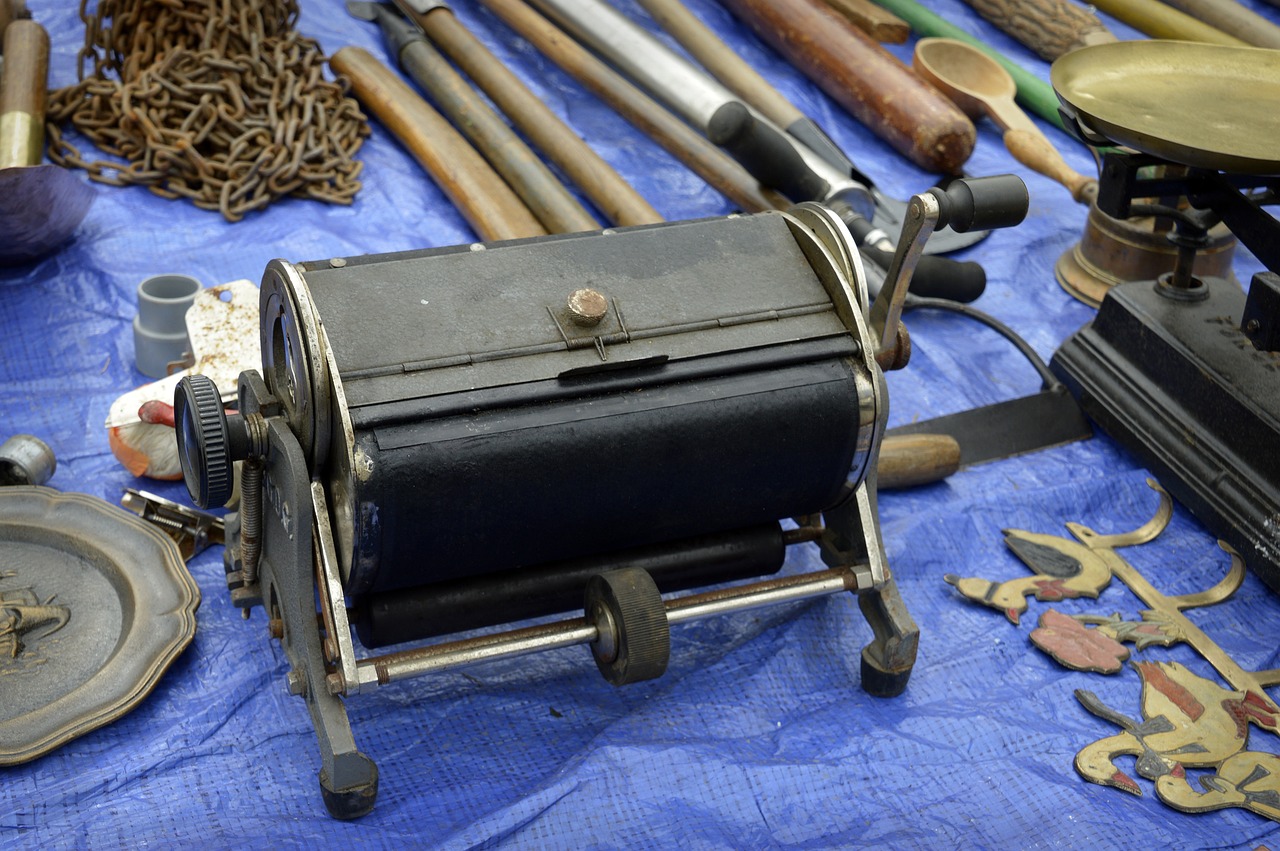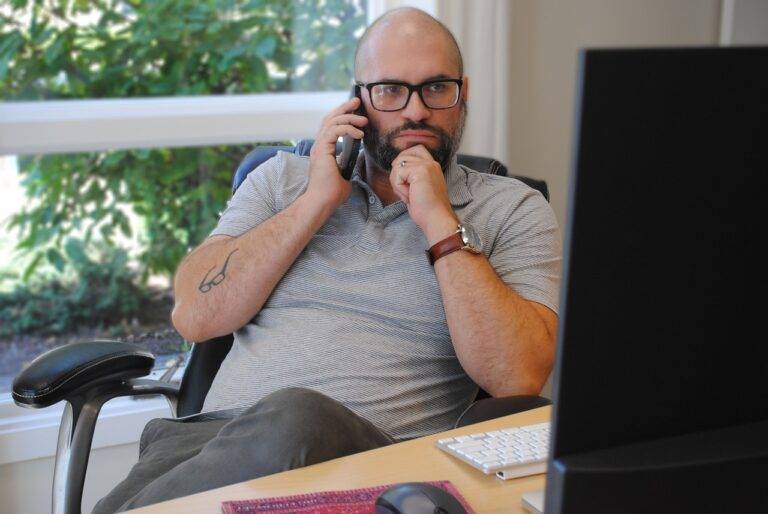The Future of Historical Documentaries: Allpaanel exchange, Lotus365, Laserbook247 id
allpaanel exchange, lotus365, laserbook247 id: Historical documentaries have long been a popular genre, providing viewers with an insightful look into the past. With advancements in technology and changing viewer preferences, the future of historical documentaries is evolving rapidly. In this blog post, we’ll explore the exciting developments shaping the future of historical documentaries.
The Rise of Digital Platforms
Digital platforms like Netflix, Amazon Prime, and Hulu have transformed the way we consume content, including historical documentaries. These platforms offer a vast library of documentaries, making it easier for viewers to access a wide range of historical content. In the future, we can expect to see more historical documentaries being produced specifically for these platforms, catering to a global audience.
Interactive Experiences
As technology continues to advance, we can expect to see more interactive experiences in historical documentaries. Virtual reality and augmented reality technologies can transport viewers to different time periods, allowing them to experience history in a whole new way. Interactive documentaries can provide a more immersive and engaging experience for viewers, making history come alive like never before.
Diverse Perspectives
Historical documentaries have traditionally focused on well-known events and figures, but the future is likely to see a greater emphasis on diverse perspectives. Documentaries that explore untold stories and marginalized voices will become more prevalent, offering a more comprehensive and inclusive view of history. By highlighting diverse perspectives, historical documentaries can foster a deeper understanding and appreciation of the past.
Innovative Storytelling Techniques
The future of historical documentaries will also see the use of innovative storytelling techniques to captivate viewers. Documentaries may incorporate elements of drama, animation, and reenactments to bring historical events to life in a compelling and engaging way. By experimenting with different storytelling techniques, filmmakers can create documentaries that resonate with a wider audience and leave a lasting impact.
Collaborations with Historians and Experts
Collaborations with historians and experts will continue to be a key component of historical documentaries in the future. By working closely with scholars and researchers, filmmakers can ensure the accuracy and authenticity of their content. These collaborations can also provide valuable insights and perspectives that enhance the storytelling and overall quality of the documentary.
The Future is Bright
Overall, the future of historical documentaries is looking bright, with exciting developments in technology, storytelling, and collaboration shaping the genre. As digital platforms continue to grow and evolve, viewers can look forward to a diverse range of historical content that is both informative and entertaining. By embracing innovative techniques and diverse perspectives, historical documentaries have the potential to inspire, educate, and entertain audiences for years to come.
FAQs
Q: Are historical documentaries accurate?
A: Historical documentaries strive to be accurate by working with historians and experts to ensure the authenticity of the content. However, it’s important for viewers to remember that documentaries may present a particular perspective or interpretation of historical events.
Q: Where can I watch historical documentaries?
A: Historical documentaries can be found on various platforms such as Netflix, Amazon Prime, Hulu, PBS, and specialty channels like History Channel and National Geographic.
Q: What makes a good historical documentary?
A: A good historical documentary provides a well-researched and comprehensive look at a particular historical event or period. It should be engaging, informative, and offer a fresh perspective on the subject matter.







